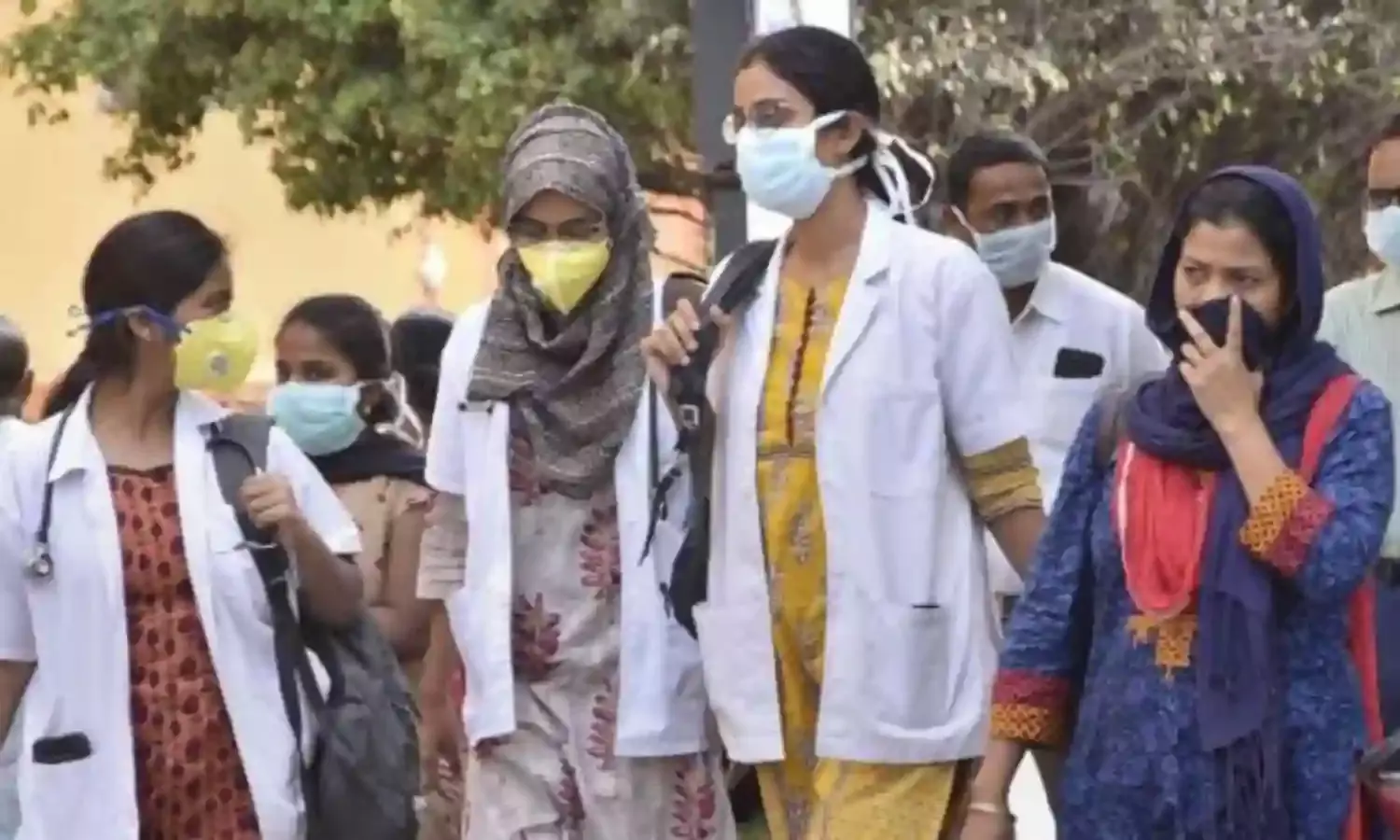Covid19 - Away From the National Headlines a Blackmarket Industry Flourishes
Himachal Pradesh;

That India is facing an unprecedented crisis amidst the raging pandemic is well known. Macro level reporting of the crisis has focused so far on the metros and a few other cities. But what is unfolding in the hinterland is worse as the people are literally on their own, with little in between survival and death.
The loss of livelihood has yet to be fully comprehended, but the psychological trauma of being unable to cremate or bury the dead, being cheated by unscrupulous middlemen for medicines and health care even after spending their life savings, the complete absence of awareness contributing to the gloom and fear is the horror story emerging from the districts.
Unlike Covid-1 where the villages were not as impacted, the virus is spreading fast. “What is required immediately is support staff at health centres besides the basic need to test, trace and isolate positive cases since the spread is now at the community level. Emphasis also has to be on awakening and awareness, since people in the village are terrorised as people die around them,” said Shimla’s former mayor Sanjay Chauhan who has been monitoring villages in Himachal Pradesh.
There is apprehension that Kumbh devotees returning to their villages in lower Kangra and Una districts could be contributing further to the spread amidst complete absence of government concern. “What is required immediately is a state level task force that has health experts like virologists at the helm instead of the bureaucrats who have no understanding of what is happening on the ground,” Chauhan added.
The doctors are frustrated, and point out that with some help from the government more lives can be saved. One young recruit in the government setup at the district level shared his views saying, “There is a need to form clusters of 25 patients who can be monitored by final year medical students under the guidance of seniors. The worst cases have to be identified instead of senior doctors themselves running around randomly trying to pick patients in wards instead of prioritising. The government needs to distribute free oximeters and senior doctors must be involved in making strategy.”
Patients and their families are being compelled to pay a few thousand rupees online as token advance for oxygen cylinders or drugs like Remdesivir and Tocilizumab, and then being cheated as the phones are switched off immediately by the recipients of the money. While apologists are trying to defend the regime, the people point out that the government can at least step in to check this rampant black marketing and theft.
A person well known to this reporter procured Tocilizumab for Rs 2 lakh in Indore last week. “Once we were denied availability by the official channel, we were flooded by random calls with callers offering the drug at different prices. We are still wondering how these people came to know that we required the drug,” pointed out one of his family members.
Medical experts said that people need to be told that the above mentioned drugs are not the prescribed treatment for Covid-19. In fact, recently Dr G.D Puri who is the head of the Department of Anesthesia and Intensive Care at the PGIMER in Chandigarh shed some light on Remdesivir and Tocilizumab.
“Various studies have found that Remdesivir given in patients of moderate Covid 19 disease (Covid 19 patients developing hypoxia at room air), reduces the duration of hospitalisation, only if started within the first eight days of symptom onset. It doesn't have any effect in reducing mortality. It is not effective in patients requiring high oxygen support or ventilation.
“It is not likely to be beneficial after 10 days in patients already on ventilator. It is also not indicated in patients with raised liver enzymes. It has a potential to worsen renal functions and may cause arrhythmia, so needs to be used with caution, under monitoring. There are very limited indications for using Remdesivir and a very narrow therapeutic window, so it should be judiciously used.”
Dr Puri stated that the only medicine with definite effect on reducing mortality in critically ill patients is steroids (dexamethasone), which is beneficial only when Covid positive patients develop hypoxia at room air. Use of steroids in patients not having room air hypoxia is associated with increased risk of mortality. So steroids have to be used under medical supervision, judiciously.
Talking about Tocilizumab, he said that it is a strong immune system suppressant and is indicated to rapidly control ‘cytokine storms’, where the body starts to attack its own cells and tissues rather than just fighting off the virus.
“Its use has to be guided by the clinical condition of the patient. Since it can increase the incidence of secondary bacterial infections in the patients, it should be used only after ruling out significant bacterial or fungal infections. Various studies have not shown any mortality benefit in critically ill patients. In case it is not available, good supportive care, steroids and ventilation may be tried,” Dr Puri said. But this information is not being disseminated by the official health care system, with worried patients and their families panicking by the day.
Meanwhile, unable to bury or cremate the dead in accordance with rituals, people are undergoing bouts of depression. “My parents, even while being treated for Covid-19 in a hospital, were extremely depressed as they feel that they cremated their daughter on a heap of garbage as no appropriate pyre was available in a Bhopal crematorium. To make matters worse we had to shell out Rs 15,000 as hearse van charges as we travelled around 12 km looking for a crematorium with less waiting time. It was only after I waved a wad of currency notes that a man came to perform the last rites hurriedly,” a relative of one victim told The Citizen.

